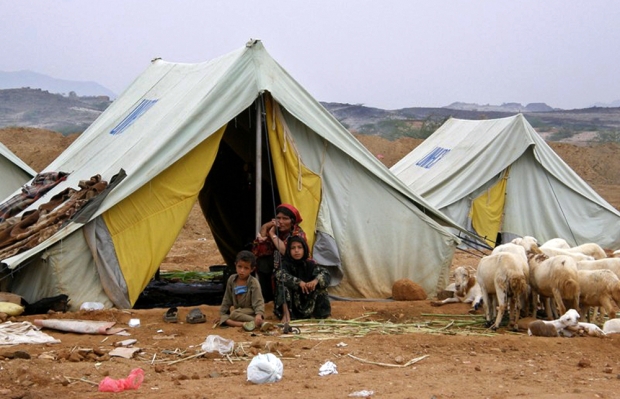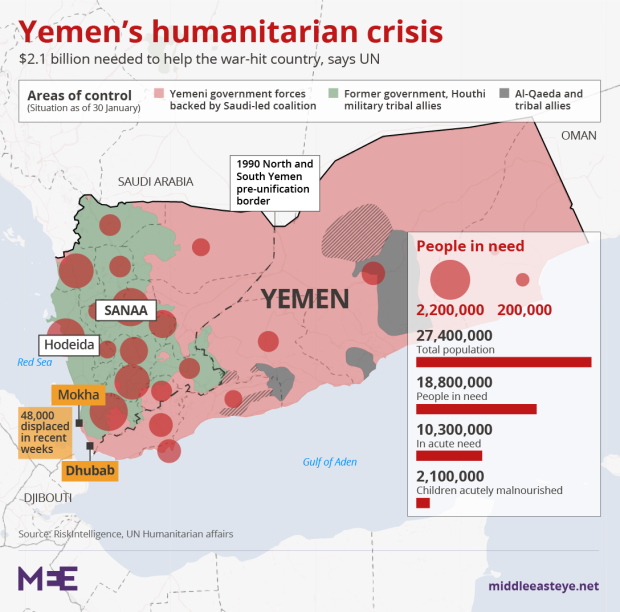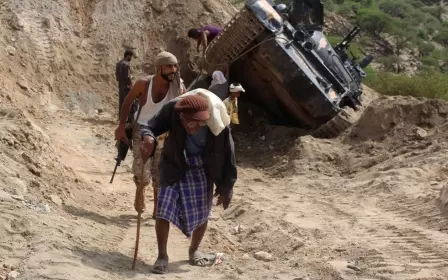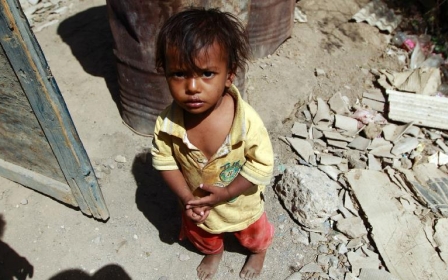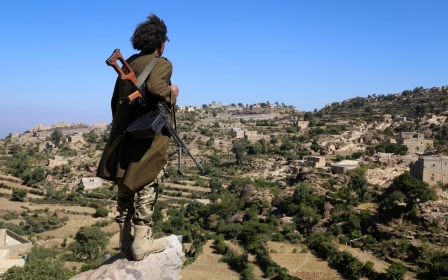'He killed my child's innocence': Sexual abuse soars in war-torn Yemen
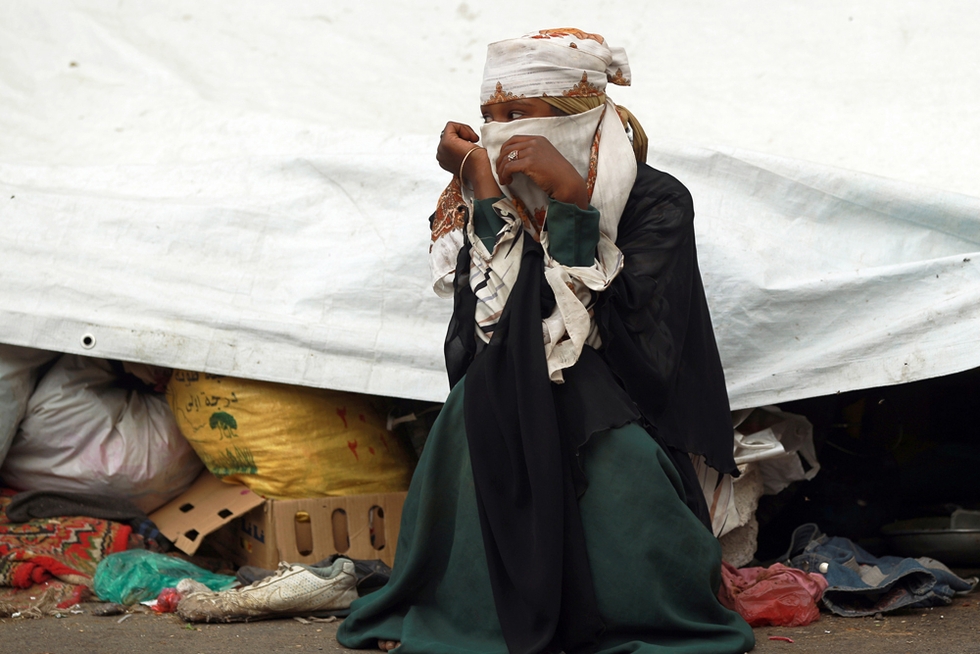
TAIZ, Yemen - Rehab was missing for four days before she was found at midnight, silent and crying, crouched in the pitch-black yard of the al-Mafeer refugee camp.
The 17-year-old had last been seen being bundled into a car outside her school by a man who had befriended her impoverished family, and promised to support them.
But his true intentions soon became clear - when an offer to marry Rehab was refused, the man abducted and raped her, and then dumped her in the camp under cover of darkness.
Rehab's mother recalls that four-day nightmare in November: "Immediately, we told the police, and they did their best but they did not find Rehab.
We know the criminal who raped our daughter but we can do nothing. We are strangers, there is no government to defend us.
- Rehab's mother
"We do not know the area very well to look for her ourselves, and we are strangers among cruel people," she told Middle East Eye.
"Our neighbour told us that Rehab had been found. We were shocked by her condition - she was crying and could not speak. I took her to my room and hugged her until morning.
"We took her to the hospital after a sleepless night - and it was there we were told she had been raped.
"We know the criminal who raped our daughter but we can do nothing. We are strangers, there is no government to defend us."
The abuse has left deep scars on Rehab - she no longer studies, has developed a stammer and wakes almost every night in floods of tears.
Her torment is the culmination of a traumatic two years that saw her family of seven forced from their comparatively wealthy life in Taiz city.
They joined the thousands who fled to al-Maafer in May 2015, with nothing but savings and the clothes they stood in.
Over the next year, with cash running dry and no work for Rehab's father, a construction consultant, the family fell into penury.
Then, in the autumn of 2016, a "benefactor" appeared, a man in his 30s who at first offered his charity, but within two weeks had asked for marriage.
"We did not tell Rehab because she is a child and we do not like to bother her with such issues," Rehab's mother said. "It became obvious the man wanted to kill the innocence of my daughter."
A curse of Yemen's war
Rehab's torment is not in isolation. A refugee family in al-Shimayateen told MEE that their 13-year-old daughter had suffered an even worse fate at the hands of another "benefactor".
"The savage man, who used to give us food, kidnapped my daughter in December 2016," the girl's mother told MEE.
"After two days of investigation by the police, residents found her body in the well of the village. She had been raped before she was killed."
"My daughter did not commit a sin, she was still a child, and people have to criticise the criminal and not a child."
Indeed, such terrible crimes are all too common among Yemen's two million internally-displaced people, who are often vulnerable and forced into penury by the war between the Houthis and the Saudi-backed government.
Lankani Sikurajapathy, of the UN Population Fund in Yemen (UNFPA), said reports of gender-based violence, which includes sexual violence, had shot up by almost two thirds since the war began.
"By the end of 2016, there had been more than 10,000 reported cases of gender-based violence," she said.
"This means more rapes, more forced marriages, more child brides and many more acts of violence against women and girls compared to two years ago."
Nabil Fadhel, head of the Yemeni Organisation for Combating Human Trafficking, said the exodus, war and poverty are three main factors that have led to a surge of sexual exploitation and abuse among refugees.
"There are evil men who only think about the satisfaction of their sexual desire and they do not care how they get it," Fadhel said.
"Displaced people are often in dire need of basic things such as shelter, food, healthcare and other needs, and vulnerable to exploitation."
Both Sikurajapathy and Fadhel said the known levels of abuse did not reflect the full problem.
There are evil men who only think about sexual satisfaction and they do not care how they get it
- Nabil Fadhel, Yemeni Organisation for Combating Human Trafficking
"Families fear scandal and society's reaction," said Fadhel. "They keep the incident secret, and the law cannot help the victims anyway."
He said his colleagues had also been threatened by camp supervisors fearful they would be held accountable.
Sikurajapathy added that there was little to no support for women and girls who had been abused - although last year UNFPA had helped more than 6,000 with legal aid, access to safe houses and healthcare.
But for Rehab, there has been little help, and the unfair stigma of her torment remains.
"We need to leave this camp, where most people know what happened," said her mother.
"Then we need to look for someone to help Rehab psychologically. I can say that Allah is stronger than the savage people and He will take revenge for us."
Rehab is an assumed name and has been used to protect the victim
Middle East Eye propose une couverture et une analyse indépendantes et incomparables du Moyen-Orient, de l’Afrique du Nord et d’autres régions du monde. Pour en savoir plus sur la reprise de ce contenu et les frais qui s’appliquent, veuillez remplir ce formulaire [en anglais]. Pour en savoir plus sur MEE, cliquez ici [en anglais].


